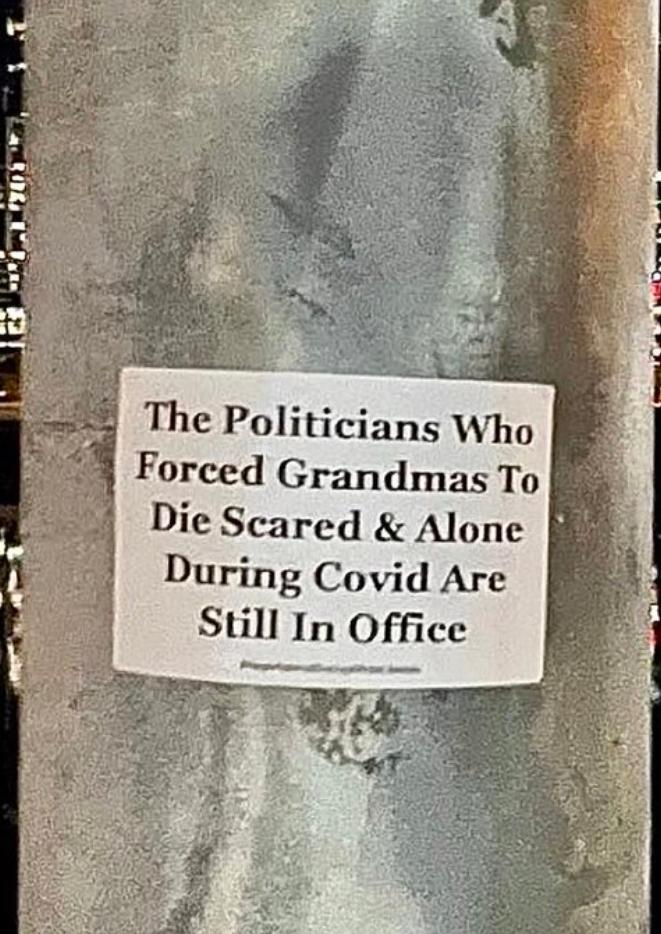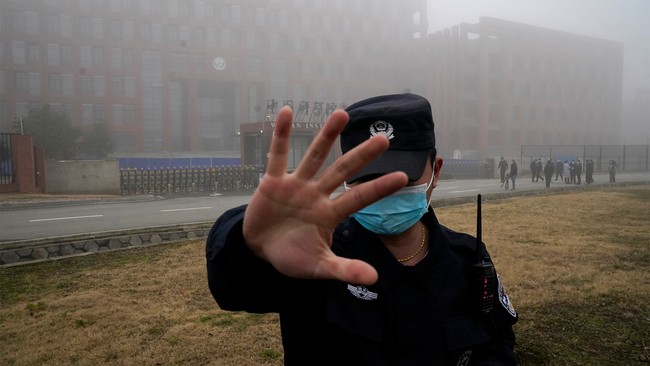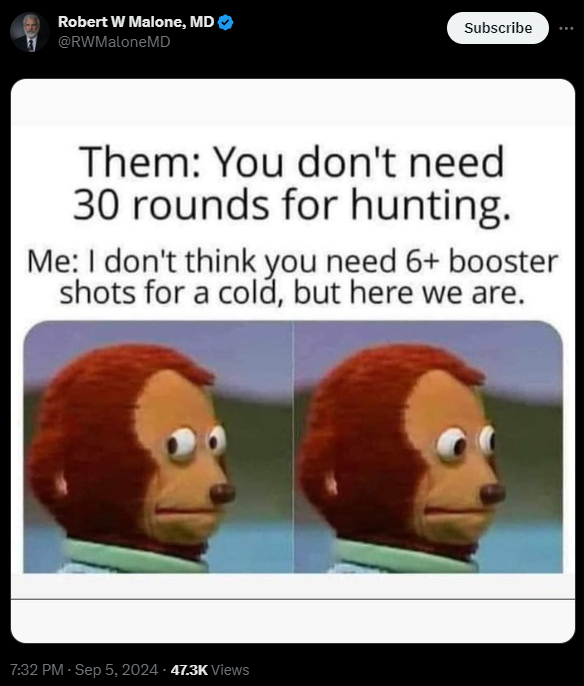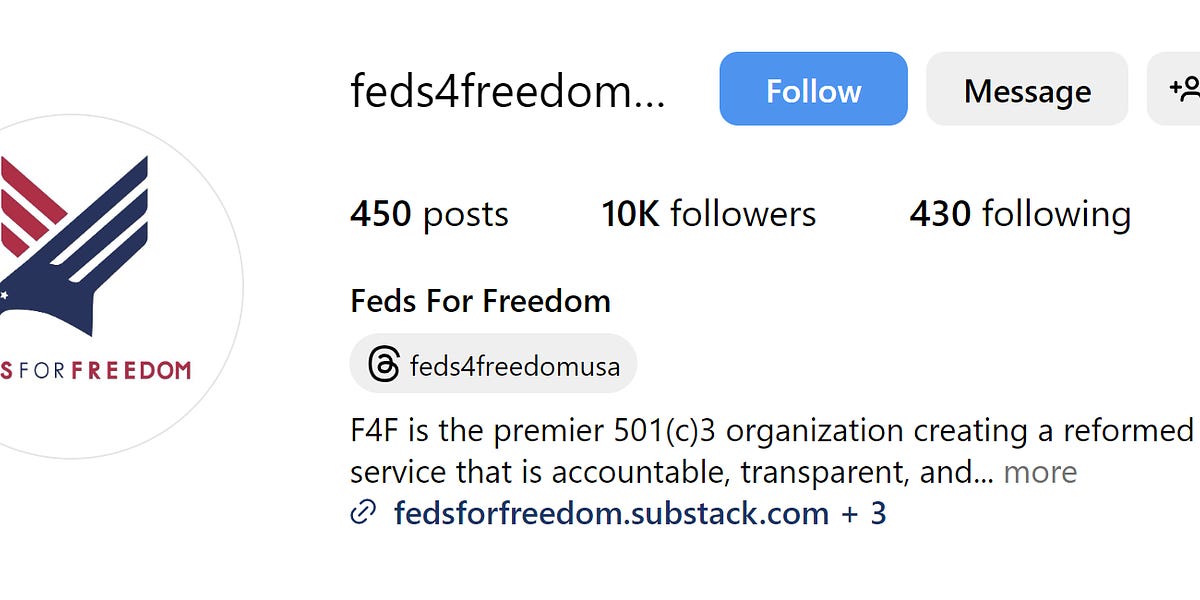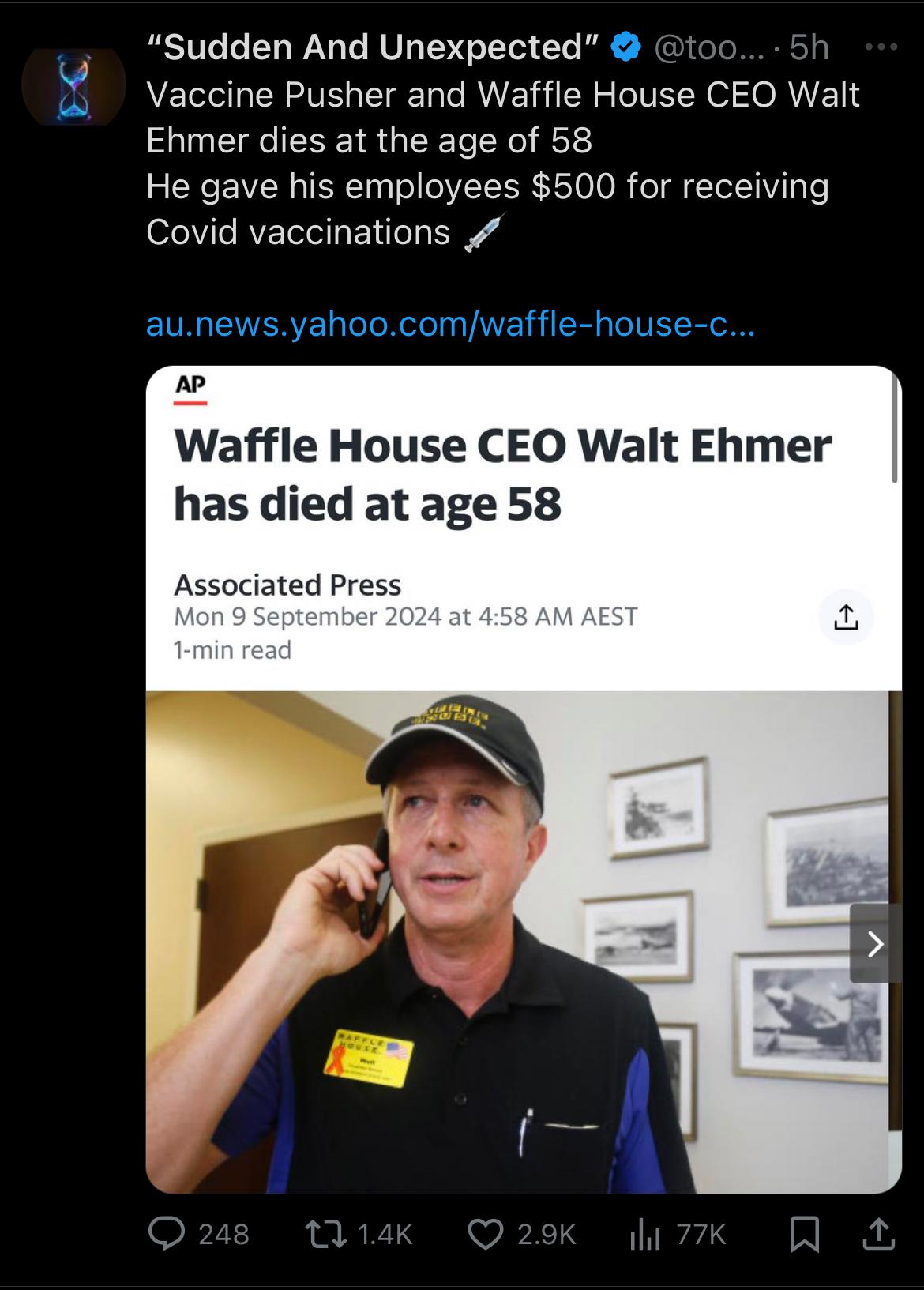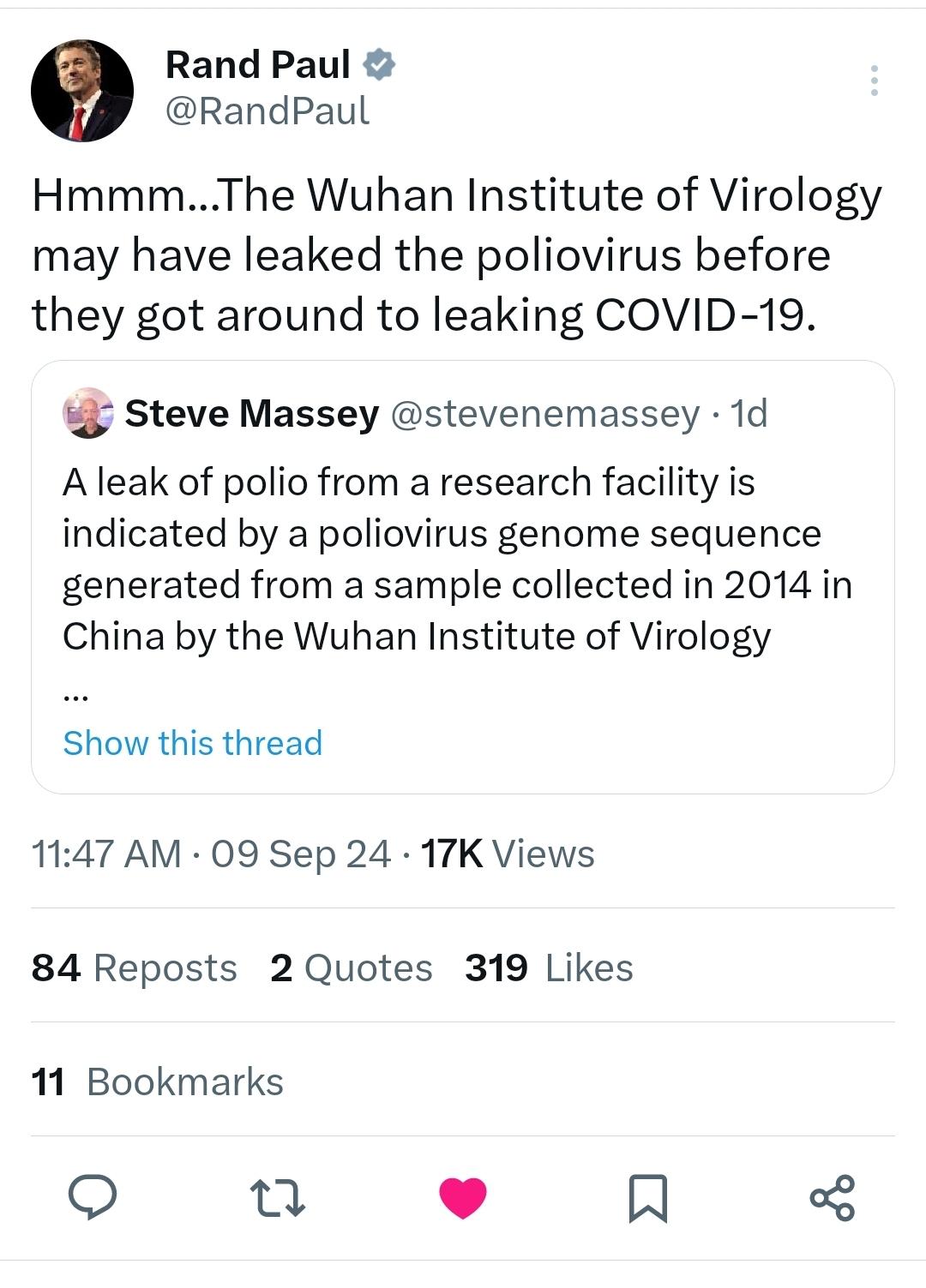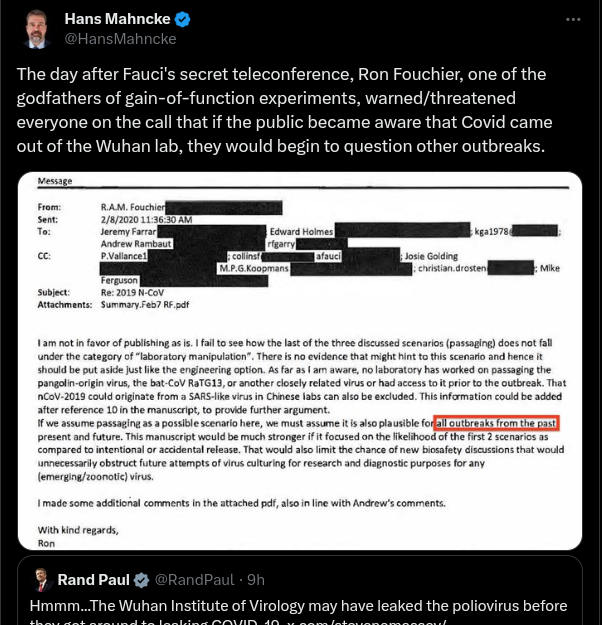“good point. in this case i assume he just used this to avoid giving his own opinions, while still making his points”.good point. in this case i assume he just used this to avoid giving his own opinions, while still making his points.
There could be several factors contributing to this phenomenon, and it’s important to consider them from multiple angles:
Adverse Effects and Observations: NHS employees, like other healthcare workers globally, have had unique insight into the immediate and short-term effects of the vaccines. They may be more acutely aware of any potential adverse effects, even those that are understated or underreported in official channels. This could contribute to a declining enthusiasm for further doses.
Questioning the Need for Boosters: As new variants of COVID-19 have emerged, the effectiveness of the original formulations of the vaccines against these variants has been called into question. If healthcare professionals perceive that the boosters are not providing significant additional protection, especially if they have already had previous doses, they might choose to forgo further shots.
Natural Immunity: Many healthcare workers have likely been exposed to the virus multiple times or have contracted COVID-19, potentially leading to natural immunity. There is ongoing debate in the scientific community about the durability and strength of natural immunity versus vaccine-induced immunity. Some may feel that their natural immunity is sufficient and thus may not see the need for additional vaccination.
Mistrust in Public Health Messaging: Throughout the pandemic, there has been a wide range of information and sometimes contradictory guidance from public health bodies. This inconsistency can erode trust, particularly among those who are supposed to be the most informed—healthcare workers. When trust diminishes, so does compliance with recommendations, even among medical professionals.
Vaccine Fatigue and Side Effects: The experience of side effects from previous shots, even if mild, can deter individuals from taking additional doses. The phenomenon of vaccine fatigue, especially in the context of a pandemic that has dragged on for years, could also play a role.
Financial and Political Influences: There's also the question of the influence of financial interests behind the push for continuous booster campaigns. The pharmaceutical industry stands to benefit greatly from ongoing vaccination programs, and this could create a conflict of interest that healthcare workers might be wary of. The perception that public health decisions are being influenced by profit motives rather than purely by patient well-being could explain hesitancy, especially among professionals who are well-acquainted with the healthcare industry’s complexities.
No slight intended towards you…..
But, if his “opinion” was/is so valuable/important, he should have the balls to stand up, back it up and not fall back on biased “AI” horseshit.
I stand by my opinion on AI. I see very little good coming from it. Particularly when the “experts” are going to lean on it like a crutch. It’s going to be just one more arrow in the quiver of people no longer taking personal responsibility or doing their own thinking.

